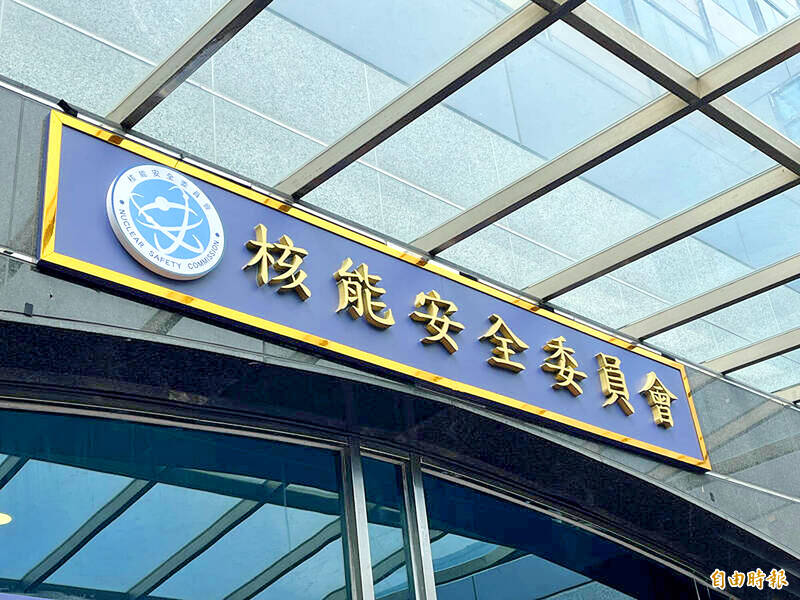Science
Taiwan’s Nuclear Safety Commission Launches Modular Reactor Project

The Nuclear Safety Commission (NSC) in Taiwan has announced a comprehensive initiative to develop small modular reactor (SMR) and micro modular reactor technologies over the next four years. The project is projected to cost approximately NT$800 million (US$26.45 million), with an initial NT$100 million allocated for research in the upcoming year.
This strategic move follows the recent referendum concerning the reactivation of the Ma-anshan Nuclear Power Plant in Pingtung County, which did not achieve the necessary approval threshold. Despite the unfavorable outcome, support for the proposal was significant, with 60 percent of voters in Hengchun Township backing the initiative. In light of this, President William Lai has directed Taiwan Power Company (台電) to commence safety inspections at the plant and indicated that the government remains open to advancing new-generation nuclear energy technologies.
Focus on Low-Carbon Technologies
The NSC plans to execute the project through the National Atomic Research Institute, concentrating on low-carbon, high energy density SMR technologies. Among the project’s goals are the development of domestic construction methods for SMRs, the establishment of a regulatory framework for new nuclear energy policies, and the formation of a national team dedicated to SMR development. Additionally, the commission aims to reduce the time required for building these reactors.
As interest in nuclear energy specialists has waned due to Taiwan’s “nuclear-free homeland” policy, the research institute intends to enhance its expertise by sending researchers to nuclear energy laboratories across Europe, North America, and Japan. These opportunities will include short-term research placements, internships, and advanced courses in nuclear engineering at distinguished universities.
Collaboration with International Experts
To facilitate the transfer of advanced nuclear technology, the NSC is also looking to recruit specialists from abroad, as well as Taiwanese researchers currently engaged in nuclear energy studies overseas. This collaborative approach aims to strengthen local capabilities and integrate cutting-edge practices into Taiwan’s nuclear energy sector.
The commission acknowledged that while countries like the United States, the United Kingdom, and Japan have invested in studies related to new-generation nuclear reactors, none have yet achieved commercial operational capability. Regulatory standards for these advanced reactor types are still under development in the United States, prompting the NSC to closely monitor international regulatory frameworks.
Through this initiative, the NSC is positioning Taiwan to explore innovative nuclear energy solutions while ensuring safety and compliance with evolving global standards.
-

 Lifestyle3 months ago
Lifestyle3 months agoHumanism Camp Engages 250 Youths in Summer Fest 2025
-

 Sports3 months ago
Sports3 months agoDe Minaur Triumphs at Washington Open After Thrilling Comeback
-

 Business4 months ago
Business4 months agoKenvue Dismisses CEO Thibaut Mongon as Strategic Review Advances
-

 Sports4 months ago
Sports4 months agoTupou and Daugunu Join First Nations Squad for Lions Clash
-

 Top Stories4 months ago
Top Stories4 months agoColombian Senator Miguel Uribe Shows Signs of Recovery After Attack
-

 World4 months ago
World4 months agoASEAN Gears Up for Historic Joint Meeting of Foreign and Economic Ministers
-

 Business4 months ago
Business4 months agoOil Prices Surge Following New EU Sanctions on Russia
-

 Health3 months ago
Health3 months agoNew Study Challenges Assumptions About Aging and Inflammation
-

 Entertainment3 months ago
Entertainment3 months agoDetaşe-Sabah Violin Ensemble Captivates at Gabala Music Festival
-

 Entertainment3 months ago
Entertainment3 months agoBaku Metro Extends Hours for Justin Timberlake Concert
-

 Business4 months ago
Business4 months agoU.S. House Approves Stablecoin Bill, Sends to Trump for Signature
-

 Top Stories4 months ago
Top Stories4 months agoRethinking Singapore’s F&B Regulations Amid Business Closures









